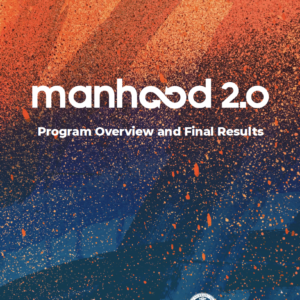
Manhood 2.0: Program Overview and Final Results
The following program overview provides a description of the Manhood 2.0 program, challenges and lessons learned, and key evaluation findings. It is intended to be a summary

The following program overview provides a description of the Manhood 2.0 program, challenges and lessons learned, and key evaluation findings. It is intended to be a summary
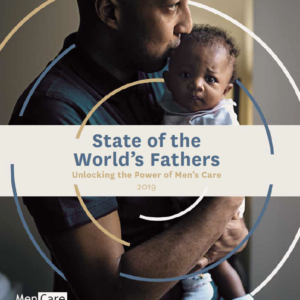
State of the World’s Fathers, produced by Equimundo, is a globally recognized, biennial report and advocacy platform aiming to change power structures, policies, and social norms around
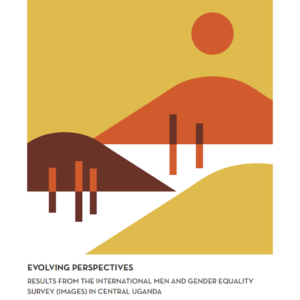
The International Men and Gender Equality Survey (IMAGES) is one of the most comprehensive household studies carried out around the world on men’s and women’s attitudes and practices on
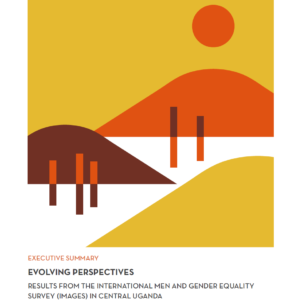
The International Men and Gender Equality Survey (IMAGES) is one of the most comprehensive household studies carried out around the world on men’s and women’s attitudes and practices on
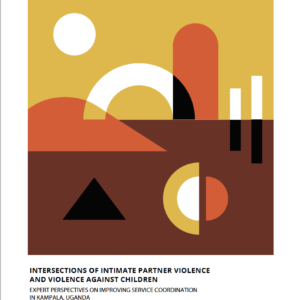
The International Men and Gender Equality Survey (IMAGES) is one of the most comprehensive household studies carried out around the world on men’s and women’s attitudes and practices on
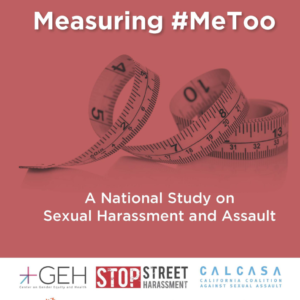
This study released by UC San Diego’s Center for Gender Equity and Health (GEH) and the nonprofit organization Stop Street Harassment (SSH), with inputs from Equimundo and
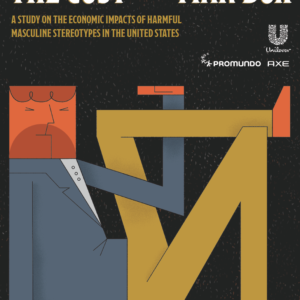
The Cost of the Man Box: A study on the economic impacts of harmful masculine stereotypes in the United States, a new report from Equimundo and AXE, Unilever’s
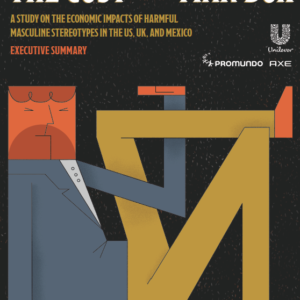
The Cost of the Man Box: A study on the economic impacts of harmful masculine stereotypes in the US, UK, and Mexico, a new summary report from Equimundo
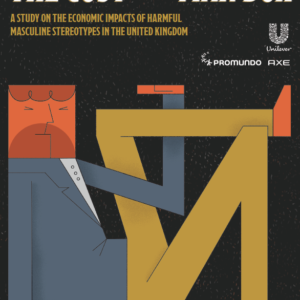
The Cost of the Man Box: A study on the economic impacts of harmful masculine stereotypes in the United Kingdom, a new report from Equimundo and AXE, Unilever’s
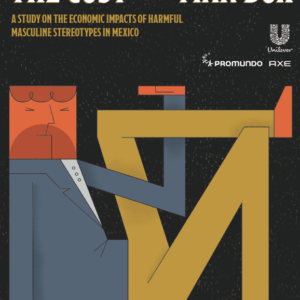
The Cost of the Man Box: A study on the economic impacts of harmful masculine stereotypes in Mexico, a new report from Equimundo and AXE, Unilever’s leading male
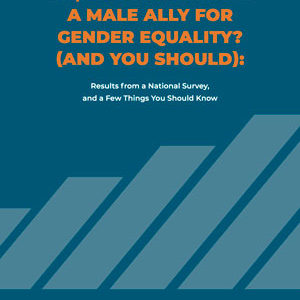
This research brief presents nationally representative survey data and focus group discussions in the United States on male allyship for gender equality. Results from the study provide
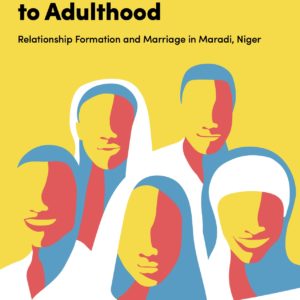
This qualitative ethnographic study provides critical insights to better understand influences and mechanisms behind young men’s and women’s marriage formation in the Maradi region of Niger. The
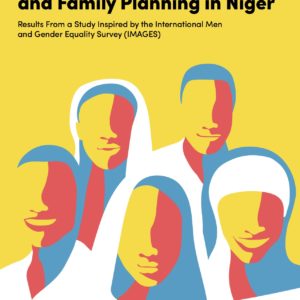
This mixed-methods study in Niger – inspired by the International Men and Gender Equality Survey (IMAGES) – offers critical insight into the motivations, attitudes, and behaviors of
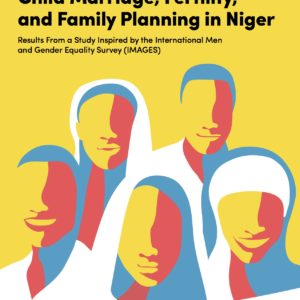
This mixed-methods study in Niger – inspired by the International Men and Gender Equality Survey (IMAGES) – offers critical insight into the motivations, attitudes, and behaviors of
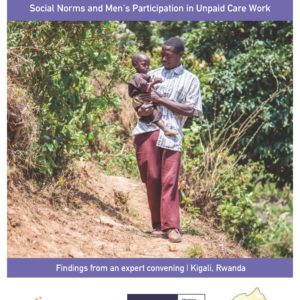
In November, 2018, Equimundo convened a group of global and regional experts for a two-day meeting to discuss the role of social norm change in achieving equality in

Although most youth are peaceful, the overwhelming majority of people who become violent extremists are youth — and most are male youth. The lack of clarity about

Although most youth are peaceful, the overwhelming majority of people who become violent extremists are youth — and most are male youth. The lack of clarity about
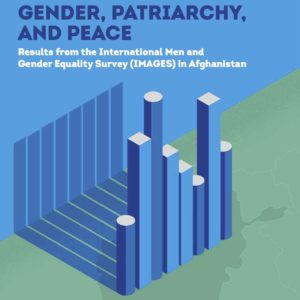
This report has been temporarily removed at the request of UN Women.
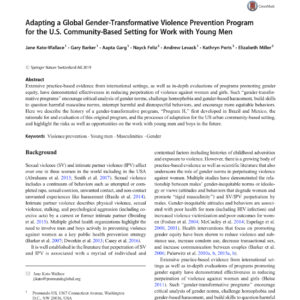
“Adapting a Global Gender-Transformative Violence Prevention Program for the U.S. Community-Based Setting for Work with Young Men,” is a Equimundo-authored article published in the Global Social Welfare journal. The
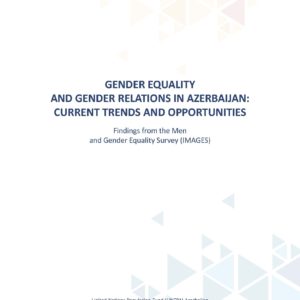
The International Men and Gender Equality Survey (IMAGES) is one of the most comprehensive household studies carried out around the world on men’s and women’s attitudes and
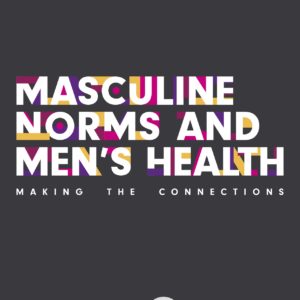
What are the links between masculine norms and men’s health outcomes globally? What implications do these links have for efforts to improve men’s health – alongside efforts
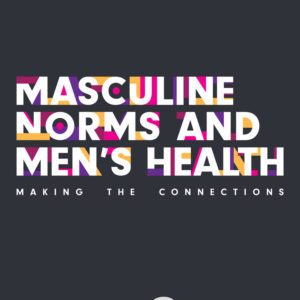
What are the links between masculine norms and men’s health outcomes globally? What implications do these links have for efforts to improve men’s health – alongside efforts
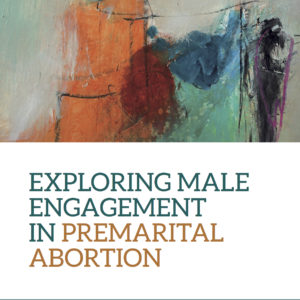
In India, unsafe abortion is the third leading cause of maternal death, and it contributes 8% to all such deaths every year. Even though unmarried women in
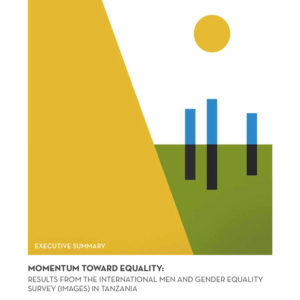
In Tanzania, the International Men and Gender Equality Survey (IMAGES) provided new data and insights to understand how men’s and women’s gendered attitudes, behaviors, and norms impact a